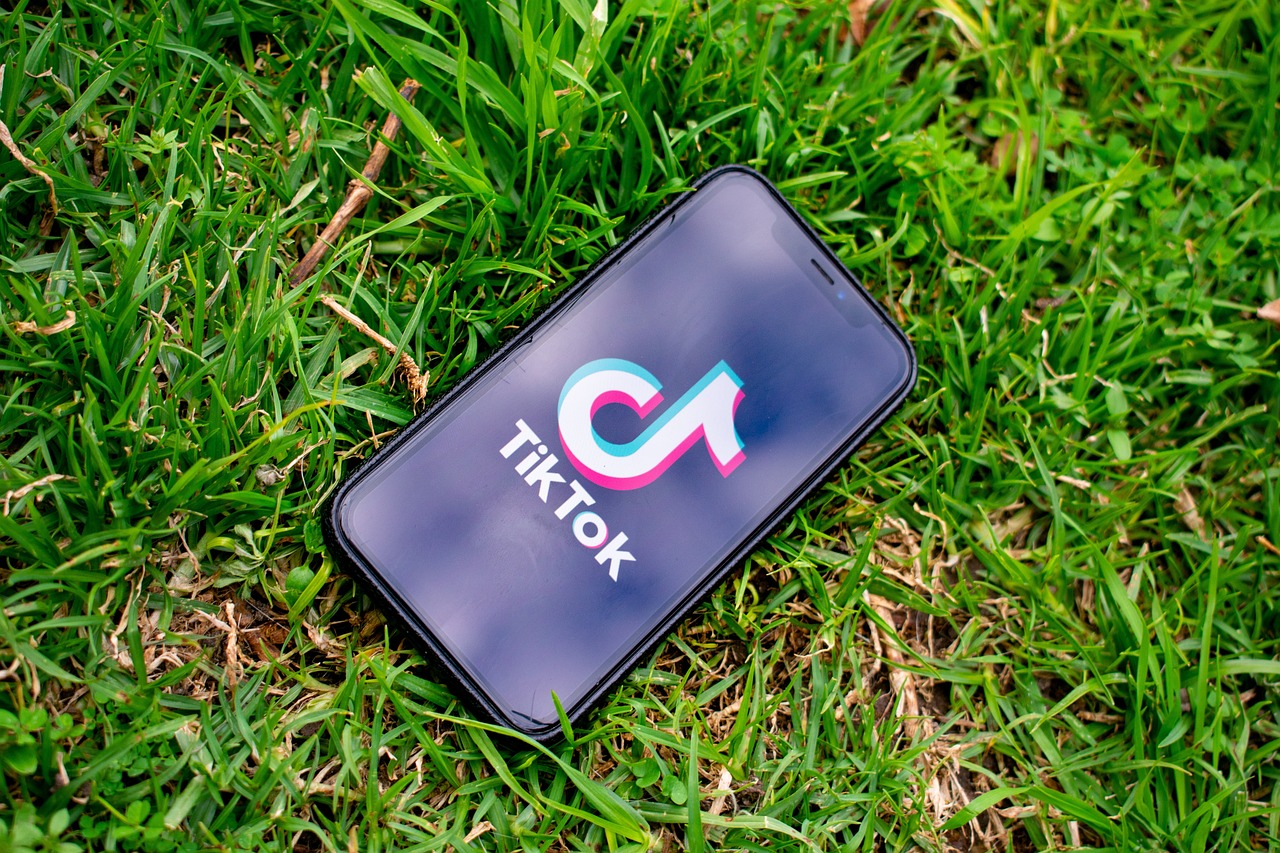The House of Representatives has passed a bipartisan bill targeting TikTok, the popular social media platform owned by ByteDance, a China-based company. The legislation, known as the Protecting Americans from Foreign Adversary Controlled Applications Act, received overwhelming support with a vote of 352 in favor and 65 opposed. The bill aims to address concerns regarding national security and data privacy, with implications for millions of American users and the broader tech industry.
TikTok has faced persistent scrutiny from lawmakers over its ties to China and fears that user data could be compromised or exploited by the Chinese government. Previous efforts to regulate or ban TikTok have encountered legal challenges and political obstacles. However, the recent House vote underscores bipartisan consensus on the need for action to safeguard American interests.
The legislation would compel ByteDance, TikTok’s parent company, to divest its stake in the platform within six months or risk a ban on TikTok in the United States. This move aims to sever ties between TikTok and entities under foreign adversary control, particularly the Chinese Communist Party (CCP). The bill also establishes mechanisms for identifying and addressing future threats posed by foreign-owned apps.
The bill has garnered support from both Republicans and Democrats, reflecting widespread concerns about national security and data privacy. Lawmakers backing the bill argue that it is necessary to prevent potential espionage and manipulation by hostile foreign governments. However, opponents, including some progressive Democrats and civil liberties groups, have raised objections on free speech grounds, warning of the economic and social consequences of banning TikTok.
The proposed ban on TikTok has sparked debate over its impact on small businesses, content creators, and millions of users who rely on the platform for entertainment and communication. Advocates for TikTok argue that it serves as a vital outlet for expression and innovation, supporting a diverse ecosystem of creators and entrepreneurs. They contend that restrictions on TikTok would infringe on users’ constitutional rights and stifle digital innovation.
The bill now moves to the Senate, where its fate remains uncertain. While Senate Majority Leader Chuck Schumer has not committed to bringing the legislation to a vote, proponents are hopeful that the bipartisan momentum from the House will carry over. However, some senators have expressed reservations about targeting specific social media platforms and emphasize the need for careful deliberation on the bill’s implications.
The passage of the bill in the House marks a significant step in the ongoing debate over TikTok’s role in national security and data privacy. As policymakers weigh the balance between security concerns and individual freedoms, the future of TikTok in the United States hangs in the balance. The Senate’s decision on the legislation will shape the landscape of digital governance and influence the trajectory of tech regulation in the years to come.
